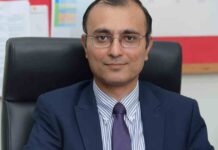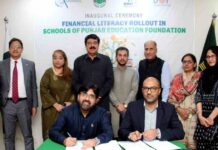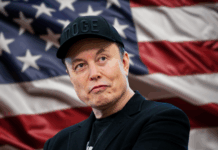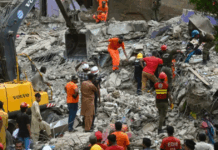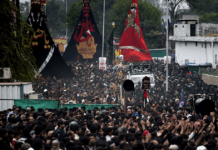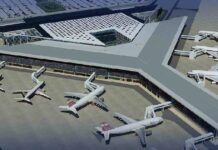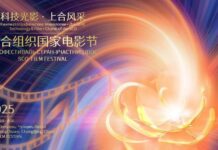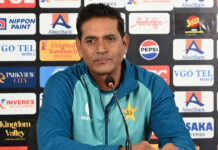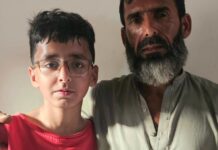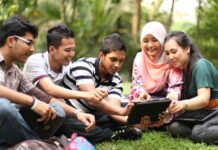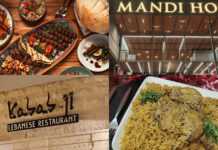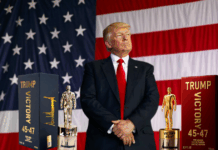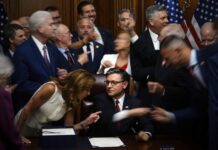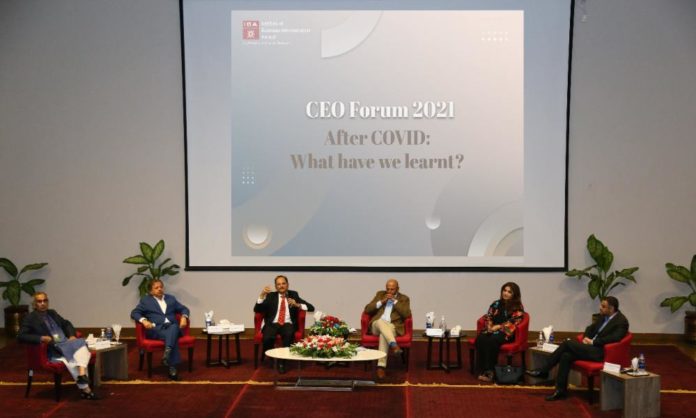June 23, 2021: The IBA Karachi organized a dialogue on “After COVID: What have we learnt?” at the IBA City Campus. The discussion was conducted under the dialogue series ‘CEO Forum’. The dialogue was moderated by Dr. S Akbar Zaidi, Executive Director, IBA Karachi who was in conversation with business and media professionals, including Mr. Khalid Mahmood, CEO, Getz Pharma; Mr. Dinshaw B. Avari, Executive Director, Avari Towers Limited; Mr. Azhar Abbas, Managing Director, Geo News; Ms. Huma Adnan, Creative Director, Craft Stories and Fnk Asia; and Mr. Kashan Hasan, CEO, Reckitt Benckiser Pakistan Limited. The speakers actively communicated the challenges they faced in the pandemic and the silver linings that came with it. Attendees included industrialists, business professionals, students, faculty, media personnel, academicians, members from the corporate sector and diplomats.
The dialogue shed light on how the pandemic has changed the nature of doing business and subsequently the economic landscape of the country.
Dr. Zaidi, setting the tone of the session enquired if the world is in a post-Covid or post-vaccination phase? Mr. Mehmood responded by highlighting the need for more spending on primary healthcare and stated that Pakistan should not be celebrating as Covid has not been defeated. “We are sitting on a time bomb with only 3% of the population vaccinated and herd immunity is not attainable before 70% vaccinations are carried out.” He also mentioned the aplenty opportunities that have surfaced due to the pandemic and with a robust pharmaceutical industry, Pakistan can do much more to tap on the breakthroughs it can make in the field of vaccine manufacturing.
Mr. Avari, hailing from the industry hit the worst due to the pandemic, spoke about the economic and non-economic challenges the hospitality industry faced and the learning opportunities that came with it. “It has always been instilled in us to help the marginalized, but we don’t want to advertise it. We didn’t lay off any employee even though the travel industry has been decimated,” he said. He also touched upon the dearth of safety nets in Pakistan making it the responsibility of the organizations to cater to the needs of their employees. But he pointed out the learning for his team which is the opportunity to devise synergies through centralizing of various departments.
Talking about the changing dynamics of the media, Dr. Zaidi questioned Mr. Abbas about what has changed in his workplace. Highlighting journalism’s different nature of work, Mr. Abbas mentioned the challenges that arose due to work from home being implemented as sending reporters to get stories was a huge concern. But the most important concern was how to maintain a balance between keeping people informed while ensuring that the shared information does not create panic amongst the public. Speaking about the gains made during the pandemic, he spoke about adaptability being key to the changing sphere of traditional media. “We created the first virtual newsroom of Pakistan,” he mentioned a key outcome of working remotely for his team, a sphere, where different teams work in shifts from various cities and collaborate with each other virtually. He mentioned that print media during this period, has suffered locally as well as internationally while television has grown immensely.
When it comes to the world of creatives, Ms. Adnan shared that the designers believe in change and without change, there is no design. Talking about the overnight change her line of work had to go through was no less than a 360-degree shift with supply chains being affected majorly. Going forward, she stated, “We need to change all integrated aspects of doing business. Multitasking was the only way to survive. Believing in change, we adapted to newer circumstances.”
Mr. Hasan’s organization was crucial in the crisis with its range of products being in high demand. Shedding light on the avenues which have evolved over the past year, he shared how his organization is progressing. “We worked a lot towards localization. Even though we have been lucky so far but we cannot be complacent, instead we need to learn to adapt as there have been some permanent changes made in the world.”
The dialogue concluded with a Q&A session between the speakers and the audience.


